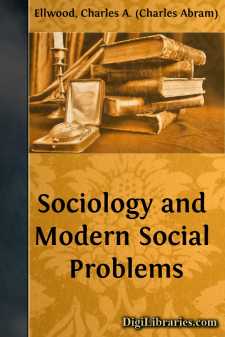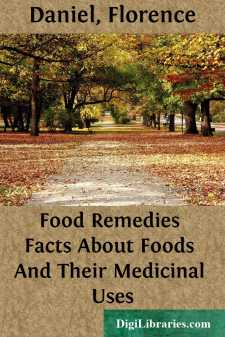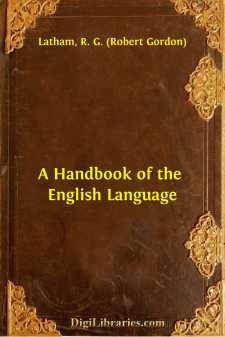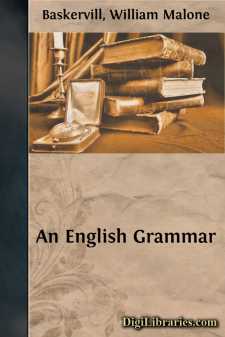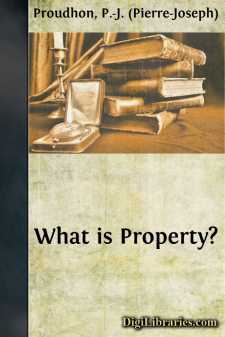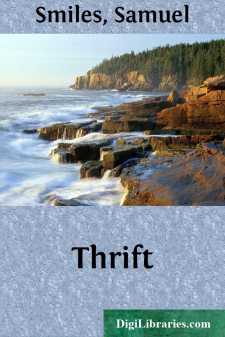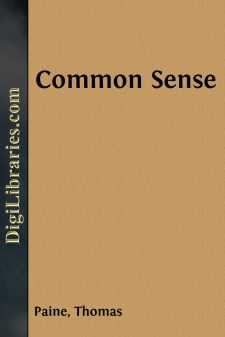Categories
- Antiques & Collectibles 13
- Architecture 36
- Art 48
- Bibles 22
- Biography & Autobiography 813
- Body, Mind & Spirit 142
- Business & Economics 28
- Children's Books 17
- Children's Fiction 14
- Computers 4
- Cooking 94
- Crafts & Hobbies 4
- Drama 346
- Education 46
- Family & Relationships 57
- Fiction 11829
- Games 19
- Gardening 17
- Health & Fitness 34
- History 1377
- House & Home 1
- Humor 147
- Juvenile Fiction 1873
- Juvenile Nonfiction 202
- Language Arts & Disciplines 88
- Law 16
- Literary Collections 686
- Literary Criticism 179
- Mathematics 13
- Medical 41
- Music 40
- Nature 179
- Non-Classifiable 1768
- Performing Arts 7
- Periodicals 1453
- Philosophy 64
- Photography 2
- Poetry 896
- Political Science 203
- Psychology 42
- Reference 154
- Religion 513
- Science 126
- Self-Help 84
- Social Science 81
- Sports & Recreation 34
- Study Aids 3
- Technology & Engineering 59
- Transportation 23
- Travel 463
- True Crime 29
Sort by:
CHAPTER I THE STUDY OF SOCIETY What is Society?—Perhaps the great question which sociology seeks to answer is this question which we have put at the beginning. Just as biology seeks to answer the question "What is life?"; zoölogy, "What is an animal?"; botany, "What is a plant?"; so sociology seeks to answer the question "What is society?" or perhaps better, "What...
more...
INTRODUCTORY Electricity, like every science, presents two phases to the student, one belonging to a theoretical knowledge, and the other which pertains to the practical application of that knowledge. The boy is directly interested in the practical use which he can make of this wonderful phenomenon in nature. It is, in reality, the most successful avenue by which he may obtain the theory, for he learns...
more...
by:
Florence Daniel
Part I.—introductory While there is Fruit there is hope. While there is life—and fruit—there is hope. When this truth is realised by the laity nine hundred and ninety-nine out of every thousand professors of the healing art will be obliged to abandon their profession and take to fruit-growing for a living. Many people have heard vaguely of the "grape cure" for diseases arising from...
more...
by:
Anonymous
PREFACE The ways of telling a story are as many as the tellers themselves. It is impossible to lay down precise rules by which any one may perfect himself in the art, but it is possible to offer suggestions by which to guide practise in narration toward a gratifying success. Broadly distinguished, there are two methods of telling a story. One uses the extreme of brevity, and makes its chief reliance on...
more...
CHAPTER I. GERMANIC ORIGIN OF THE ENGLISH LANGUAGE.—DATE. § 1. The first point to be remembered in the history of the English language, is that it was not the primitive and original tongue of any of the British Islands, nor yet of any portion of them. Indeed, of the whole of Great Britain it is not the language at the present moment. Welsh is spoken in Wales, Manks in the Isle of Man, and Scotch...
more...
INTRODUCTION. So many slighting remarks have been made of late on the use of teaching grammar as compared with teaching science, that it is plain the fact has been lost sight of that grammar is itself a science. The object we have, or should have, in teaching science, is not to fill a child's mind with a vast number of facts that may or may not prove useful to him hereafter, but to draw out and...
more...
The correspondence of P. J. Proudhon, the first volumes of which we publish to-day, has been collected since his death by the faithful and intelligent labors of his daughter, aided by a few friends. It was incomplete when submitted to Sainte Beuve, but the portion with which the illustrious academician became acquainted was sufficient to allow him to estimate it as a whole with that soundness of...
more...
by:
Leighton Pullan
THE NEW TESTAMENT [Sidenote: Its Name.] After the gift of the Holy Spirit Himself, we may justly reckon the New Testament as the most precious gift which our Lord Jesus Christ has given since His Ascension to those who believe on His Name. The word "testament," which is in Latin testamentum, corresponds with our word "covenant," and the phrase "New Testament" signifies the...
more...
by:
Samuel Smiles
CHAPTER I. INDUSTRY. "Not what I have, but what I do, is my kingdom."—Carlyle. "Productive industry is the only capital which enriches a people, and spreads national prosperity and well-being. In all labour there is profit, says Solomon. What is the science of Political Economy, but a dull sermon on this text?"—Samuel Laing. "God provides the good things of the world to serve...
more...
by:
Thomas Paine
SOME writers have so confounded society with government, as to leave little or no distinction between them; whereas they are not only different, but have different origins. Society is produced by our wants, and government by wickedness; the former promotes our happiness POSITIVELY by uniting our affections, the latter NEGATIVELY by restraining our vices. The one encourages intercourse, the other...
more...


